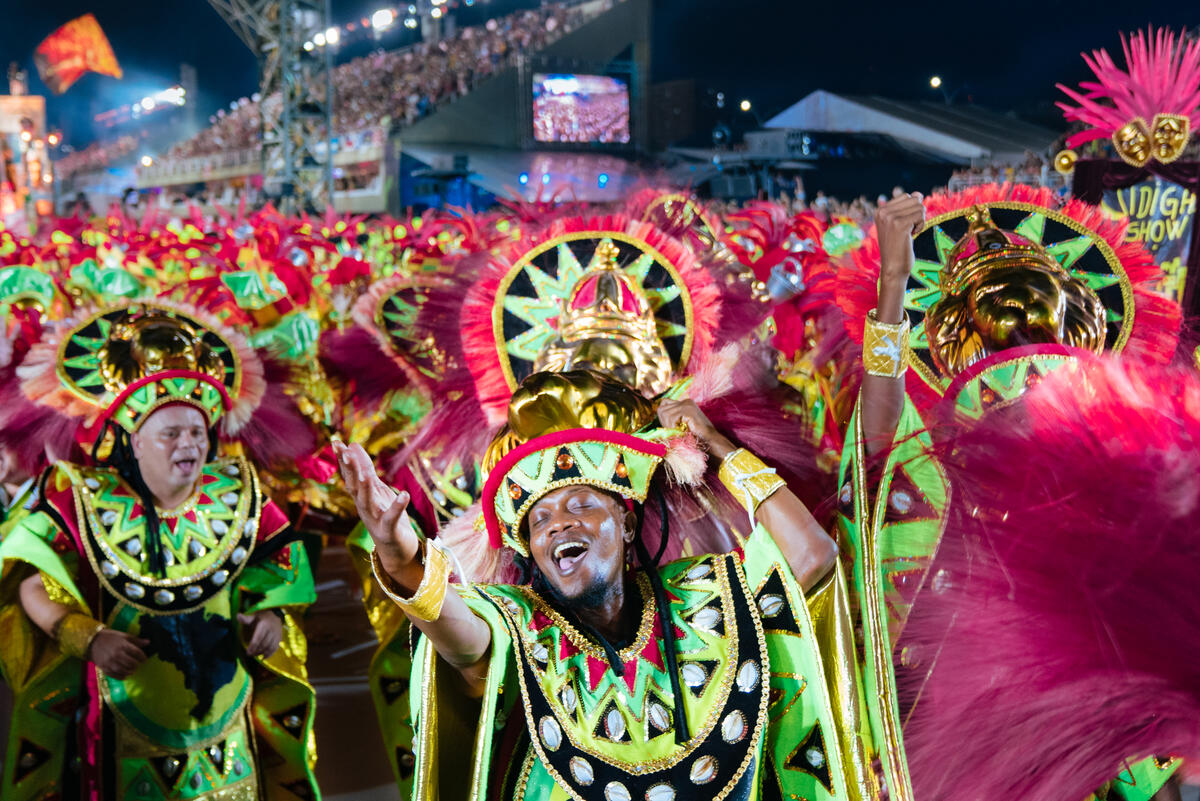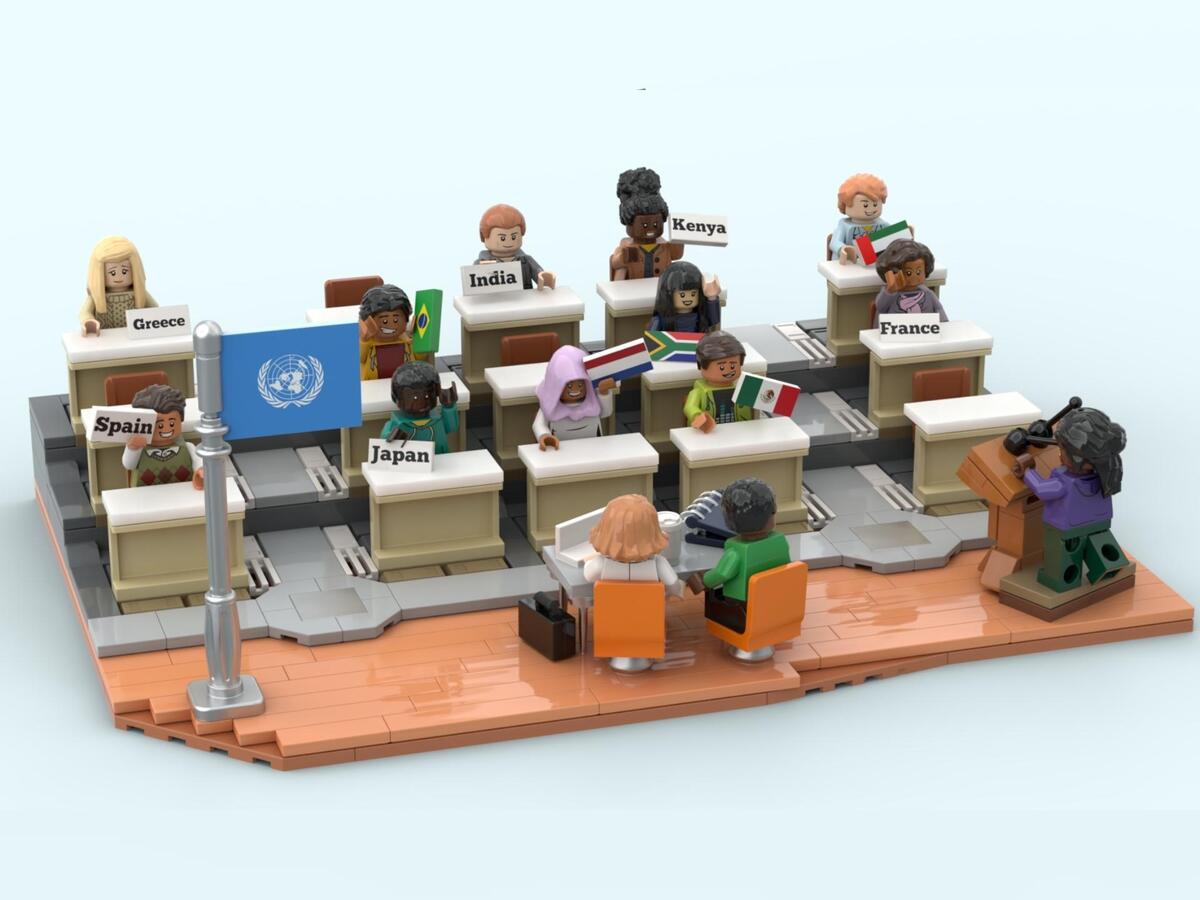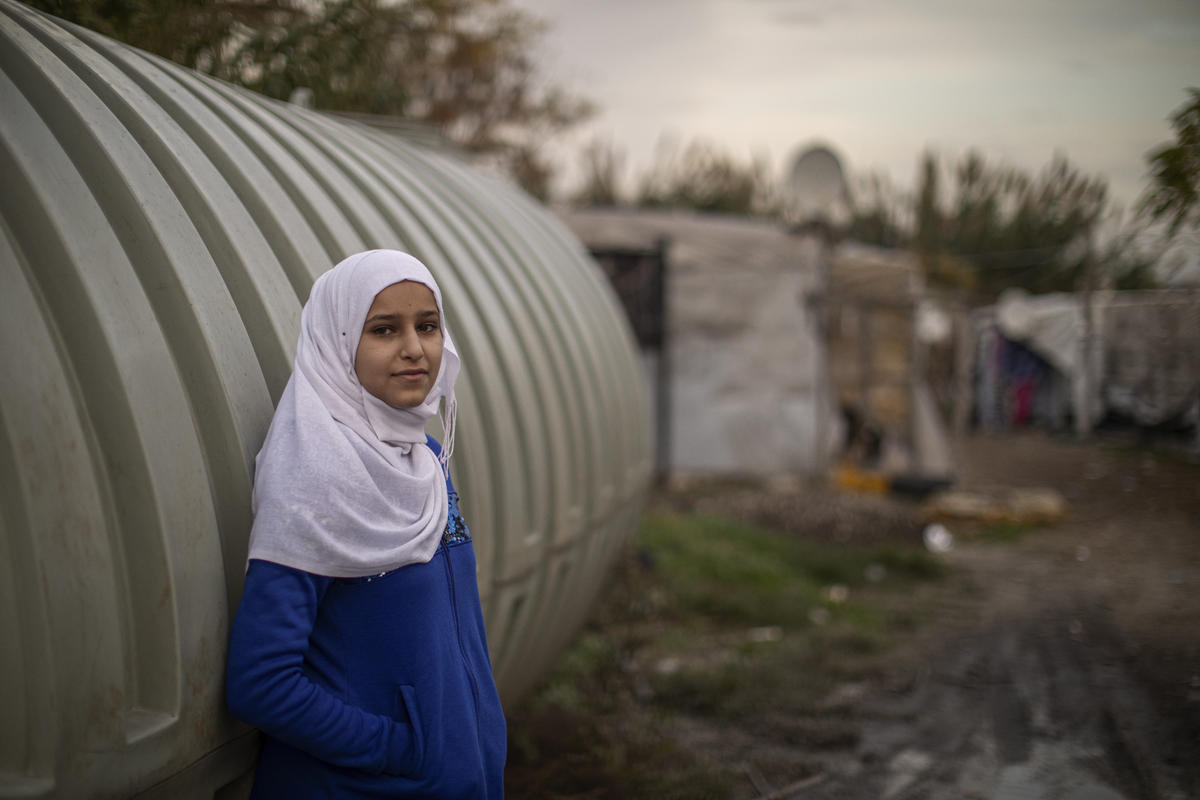A Congolese refugee child dreams of going home
A Congolese refugee child dreams of going home

BETOU, Republic of Congo, 22 February (UNHCR) - Obed speaks slowly, looking at the ground, as he describes what seemed an idyllic childhood before his family was forced to flee across the nearby river that separates his refugee camp from his homeland.
"When we were living in our country, we had a big house to Libenge, a lot of friends and we played football almost every day. My idol was Ronaldino. My dad was working as a priest, and sometimes as a nurse. My mom was taking care of me and my siblings," said Obed, who is now 14 years old and dreaming of going home.
That all changed two years ago when the family inadvertently got caught up in an ongoing conflict between ethnic groups in the Democratic Republic of Congo. It all started as an effort to help victims of a traffic accident.
"I remember that day, two years ago, during the inter-ethnic conflict. It was a Wednesday. My dad was working at the clinic, taking care of the victims of a car accident -- nothing to do with the war at our door, he was just doing his job at his best. I was proud of him," said Obed.
Unable to leave the clinic, which was treating the many people injured in the accident, he could not go on time to the local church where he was due to hold the religious service. Among some members of the opposite ethnic group, rumours began to spread that he was favouring the Lobala ethnic group.
"My father was tending to the neighbours, without asking them from which ethnic group they were. They were doing everything to create a link between my father and the Lobalas," said Obed. "Such a misinterpretation of his acts... The situation had changed very quickly for our family. They accused my father of being a danger for the public order. To escape, we were forced to flee."
The 11 members of the family crossed the Ubangui River at night in a dugout, taken to safety by a member of his father's congregation. After a few days in a village beside the river, they arrived at Betou, where UNHCR teams registered them as refugees. Two years later the family is still living in the Betou refugee camp. Obed's father works occasionally as a male nurse with the refugees; his mother sells homemade donuts and palm soap.
The Betou area is still home for about 17.000 families -- almost 60.000 refugees -- registered with UNHCR, mainly from the Democratic Republic of Congo. More than half are children, some orphans or unaccompanied. Despite the difficulties, Obed considers himself lucky that his whole family is alive and living together.
Obed acquired new friends among the refugees but misses his country. Some of his friends are already back home - and he hopes his family can leave their refuge of the last two years and follow.
UNHCR is seeking strong donor support for a $24 million voluntary repatriation programme it expects to start by April, which could assist Obed and tens of thousands of other refugees to return home to the DRC this year.
"Here there is no war but there is the place where I was born," he said. "The parents decide for us. As children, we follow; they leave, we leave, they stay, we stay too. But, if I could make the choice by myself, I would go home right after the finish of the school year."
Obed, a secondary-level pupil at the school sponsored by UNHCR in Betou, enjoys most the Social Action Methods classes. His dream is to become a journalist. "But if my family will be not able to pay my studies, mechanic will be also fine."
The boy says that his family is speaking about voluntary repatriation to Libenge and hopes his father will not change his mind. "I will pass the return message through my mother," he smiles. "Yes, I think this will help. It always works."
Only a river, about 1.5 km across, separates them from their past life.
By Daniela Livia Biciu in Betou, Republic of Congo









